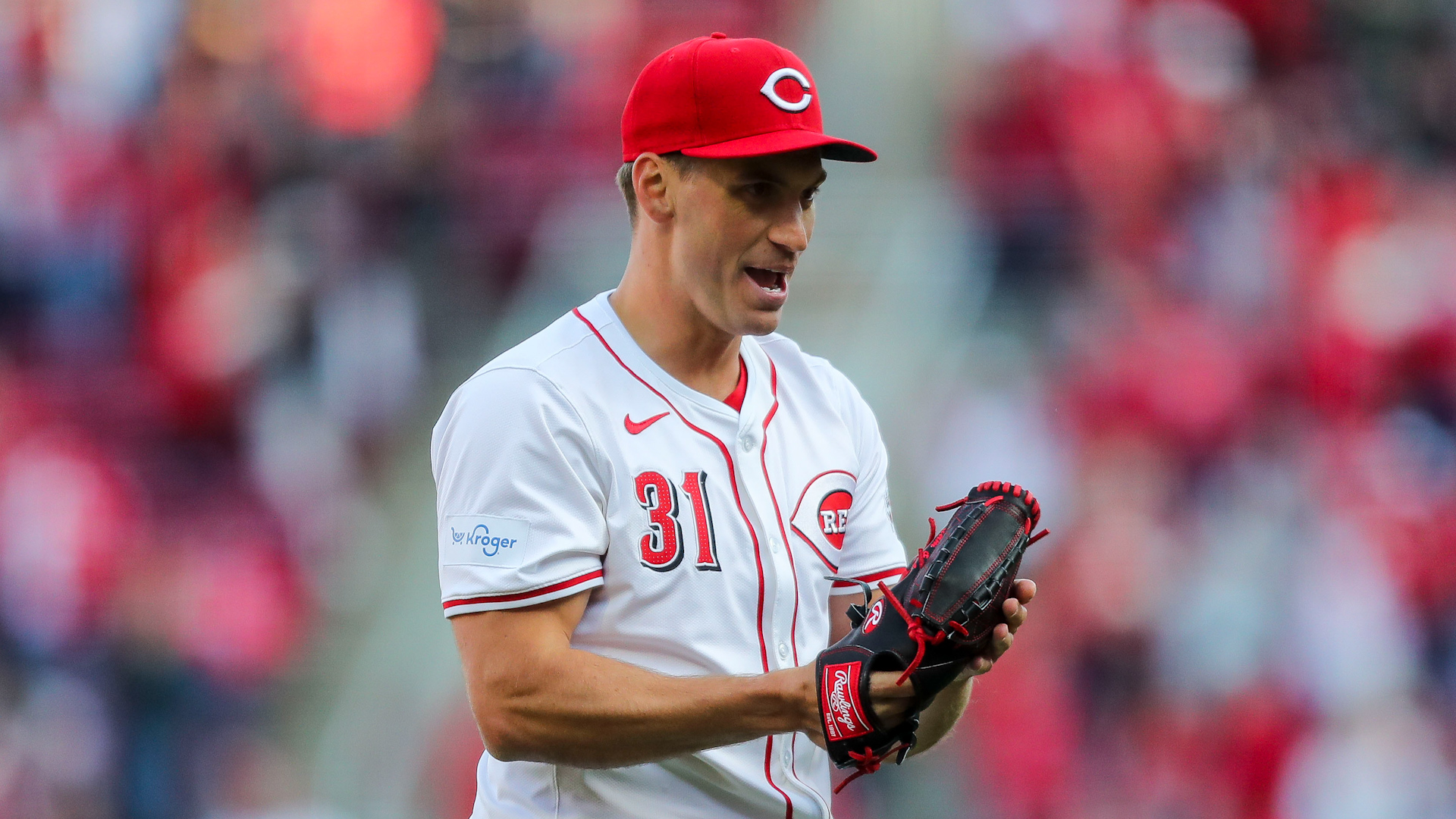Fans see him jumping up and down among a sea of people at the Banc of California Stadium. Clad in all black, face painted like a skull, a blazer and top hat complete his outfit. He hoists and waves a staff affixed with a golden skull as he cheers on the Los Angeles Football Club.
Edgar Contreras is a 28-year-old youth minister and confirmation coordinator for the Los Angeles Archdioceses by day, and "El Catrin Muerto" by night.
"I started to dress up and I would go to the games and people are excited," Contreras says, his face beaming. "They look at you and they're like, 'Hey could I take a picture?' Yeah, of course, why wouldn't I want to take a picture? Any time anyone asks for a picture, I'm more than happy to take them."
But this alter ego doesn't tell only the tale of a super fan. For Contreras, the character he assumes at soccer games carries a much deeper meaning, a connection between himself in this world and his 3-year-old brother in the afterlife.
Then 13, Contreras remembers getting called into his school's front office. He could immediately sense something was off. The school nurse was holding the phone and his mother was on the line with serious news to share.
She wouldn't be picking him up that day. His little brother, on his first day of preschool, had darted into traffic and into the path of an oncoming car. Now she was at the hospital, where the young boy lay unconscious.
Contreras remembers the trip back home from school. As he looked down from atop his bicycle, a sense of panic filled his body. The season was turning and the brown leaves on the ground morphed into droplets of blood as they whizzed by under his wheels.
Sports
Get today's sports news out of Los Angeles. Here's the latest on the Dodgers, Lakers, Angels, Kings, Galaxy, LAFC, USC, UCLA and more LA teams.
Contreras struggles to keep his composure as he recalls eventually walking into the hospital room and laying eyes on his brother. In that moment, he could do nothing but hug they boy's tiny body.
"You see someone that's filled with so much life, and then to see them be so defeated and not be able to do much but just sit there and lay there, that was really tough to see," Contreras says, tears filling his eyes.
That precocious little boy who loved pizza and one day stared down his mother, hand on hips, angry that she had "eaten" him after seeing a picture of her pregnant belly - him inside of it - now lay motionless and silent on a hospital bed, wires and tubes extruding from his body.
For 72 hours machines kept him alive, but after that the family had to take him off life support.
Contreras was not in the room when his brother passed, but his mother later described the moment to him: The boy looked up, took a deep breath, and then passed from this world to the next.
The family buried his body soon thereafter. Overcome by grief, all Contreras could do was seek answers to a singular question: why did his brother have to die?
It was with that question hovering over his head that Contreras entered the Catholic Church's confirmation program.
"God came in at the right time because I needed that support," he says. "We're gonna reunite eventually. Our souls are gonna be together. I can one day see my brother again," Contreras thought at the time.
That encounter with God at such an uncertain yet formative time has had a deep and long-lasting impact.
For many, the thought of a youth minister assuming the role of a skeleton among a sea of revelers at a soccer game might seem a bit puzzling. For Contreras, though, there is no contradiction at all in his "El Catrin Muerto" alter ego.
A cross painted on his forehead connects him to his faith, and the imagery of the skull itself for him signifies not death but a celebration of life and, by extension, a connection to his brother.
When he gets into costume at LAFC games and kids pass around his staff and ask to take pictures, it's as if his brother is still at his side.
"I like doing it because I feel in a way I'm taking a picture with my brother at the age that he was," Contreras says, his voice rising slightly with excitement. "He would be 17 years old right now, so I always look at the kids and it's like, 'Oh dude, that's my little brother."
Contreras still keeps an altar for his brother, a piñata of Spiderman - his favorite superhero - standing behind a framed picture of his smiling face, eternally 3 years old.
All these years after his passing, Contreras' love and devotion to his brother has not wavered. The visits to the cemetery have not stopped. Sometimes, he sits there and eats pizza with him.
Kneeling over the gravesite, Contreras kisses the plaque emblazoned with the boy's face. His body may be gone, but underneath the grass and dirt his bones remain.
"The idea that no matter what, that skull is still there, that's what I want to remember: my brother, like he's still alive, he's still here, he's still with me. He's still walking with me," Contreras says.



